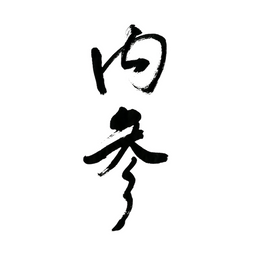Brief #127: 20th Party Congress Outcomes
The 20th Party Congress concluded on Saturday, October 22, with three main outcomes:
- the delivery of the outgoing 19th Central Committee's report to the Congress;
- the election of the 20th Central Committee; and
- the adoption of a revised Party constitution.
The first section of this brief lists reference materials on the Congress while the next three sections deal with its main outcomes.
Congress: references
20th National Congress of the Communist Party of China
中国共产党第二十次全国代表大会
- Dates: October 16-22, 2022
- Duration: 7 days
- Location: Beijing
Elected bodies
- 20th Central Committee: 205 members | 171 alternate members
- 20th Central Commission for Discipline Inspection
Resolutions
- Resolution of the 20th National Congress of the Communist Party of China on the Report of the 19th Central Committee (中文 | English)
- Resolution of the 20th National Congress of the Communist Party of China on the Report on the Work of the 19th Central Commission for Discipline Inspection (中文 | English)
- Resolution of the 20th National Congress of the Communist Party of China on the Revised Constitution of the Communist Party of China (中文 | English)
Documents
- Report of the 19th Central Committee (中文 | English)
- Report on the Work of the 19th Central Commission for Discipline Inspection (中文 | English) (not yet publically released)
- Party Constitution (revised and adopted by the 20th Party Congress on October 22, 2022) (中文 | English) (not yet publically released)
Official reporting
20th Party Congress Report
Technically, the report is NOT the 20th Party Congress' report, but rather the report delivered to the Congress by the General Secretary on behalf of the outgoing Central Committee. Nevertheless, it is commonly referred to as the 20th Party Congress Report.
This document is highly important because it articulates the Communist Party leadership’s position across major areas, including ideology, socio-economic development, international affairs and Party building.
For some initial analysis:
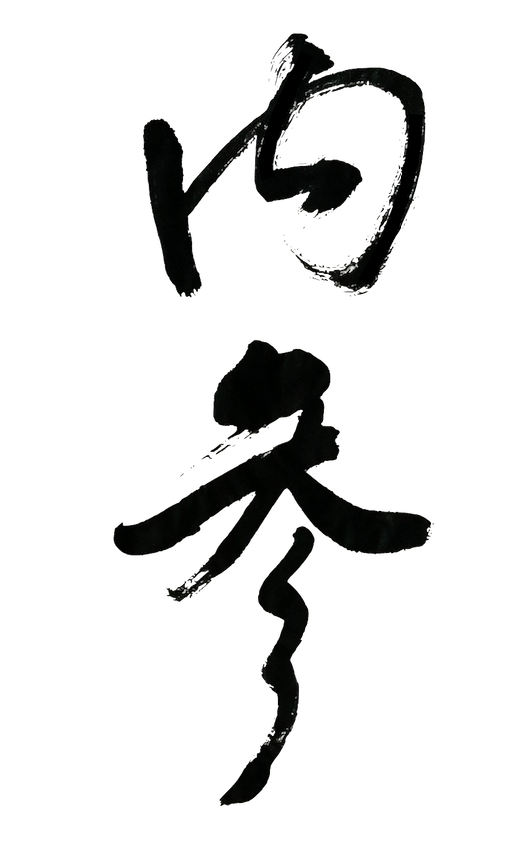
Here are three takeaways from the report:
- The report highlights the Communist Party leadership's heightened threat perception, more pessimistic assessment of China's domestic and international environment, and increased focus on security.
- The report reaffirms the central task of the Communist Party: to build China into a great modern socialist country and drive the rejuvenation of the Chinese nation through a "Chinese path to modernization".
- The report suggests that the Party is making efforts to shift legitimation from economic to nationalist grounds. Expounding on the Party’s historic mission and ideological superiority is part of this effort.
20th Central Committee
The 20th Party Congress elected a new Central Committee, which is the Party organ with the highest authority until the next Party Congress (due in autumn 2027).
The Central Committee is the Party elite from which the top leadership is selected. The composition of the Central Committee provides clues about elite politics, policy capacity and orientations, institutional representations, etc.
Below are some initial observations based on the new Central Committee membership list.
Size: the 20th Central Committee is comprised of 205 members and 171 alternate members. This is consistent with the 19th Central Committee (204 members and 172 alternate members) and the 18th Central Committee (205 members and 171 alternate members).
Turnover: 135 out of the 205 members (66 per cent) of the 20th Central Committee are new members, that is, they were not on the 19th Central Committee. This rate follows the general pattern of recent congresses:
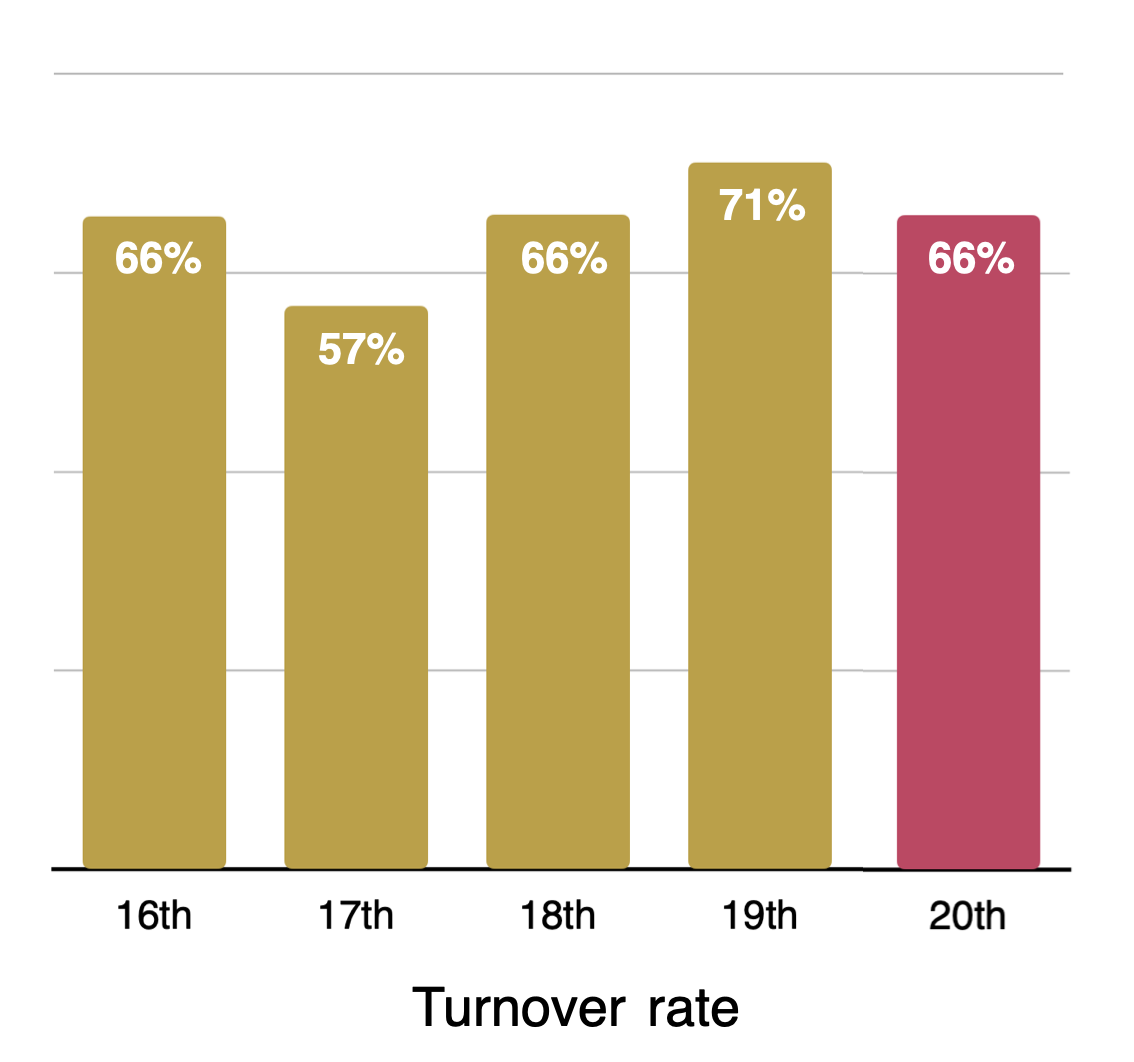
Gender: women continue to be drastically underrepresented at the top of Chinese politics with the new Central Committee having only 11 female members (occupying 4.9 per cent of the seats). For reference, women make up 48.8 per cent of China's population and account for 29.4 per cent of the Communist Party's members.
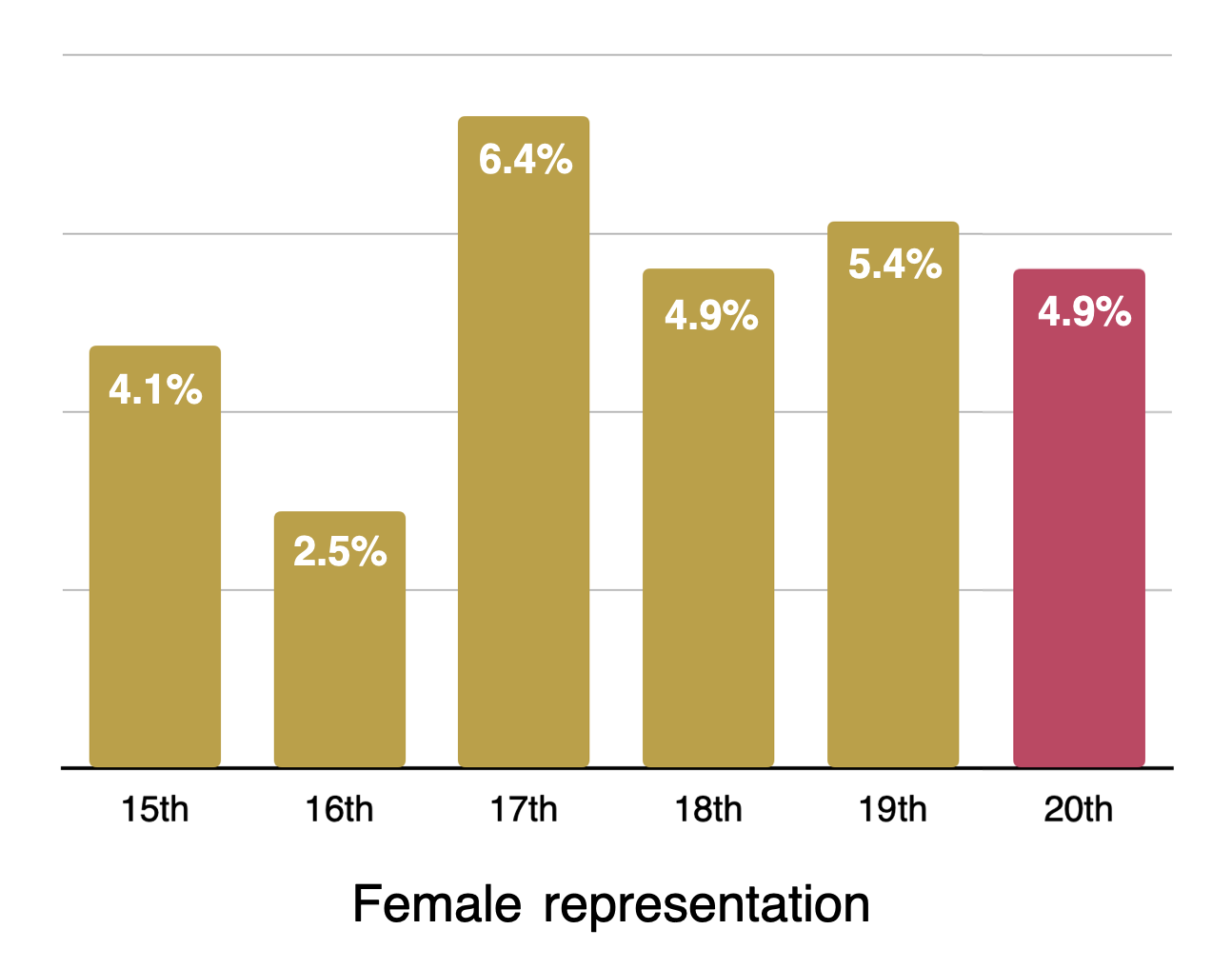
Ethnicity: Chinese elite politics remain overwhelmingly dominated by Han Chinese with non-Han members occupying only 9 seats (4.4 per cent) on the 20th Central Committee. This is a big drop from the 16 seats (7.8 per cent) occupied by non-Han members on the 19th Central Committee. For reference, China's non-Han population represents 8.9 per cent of the country's population and 7.5 per cent of the Communist Party's members.
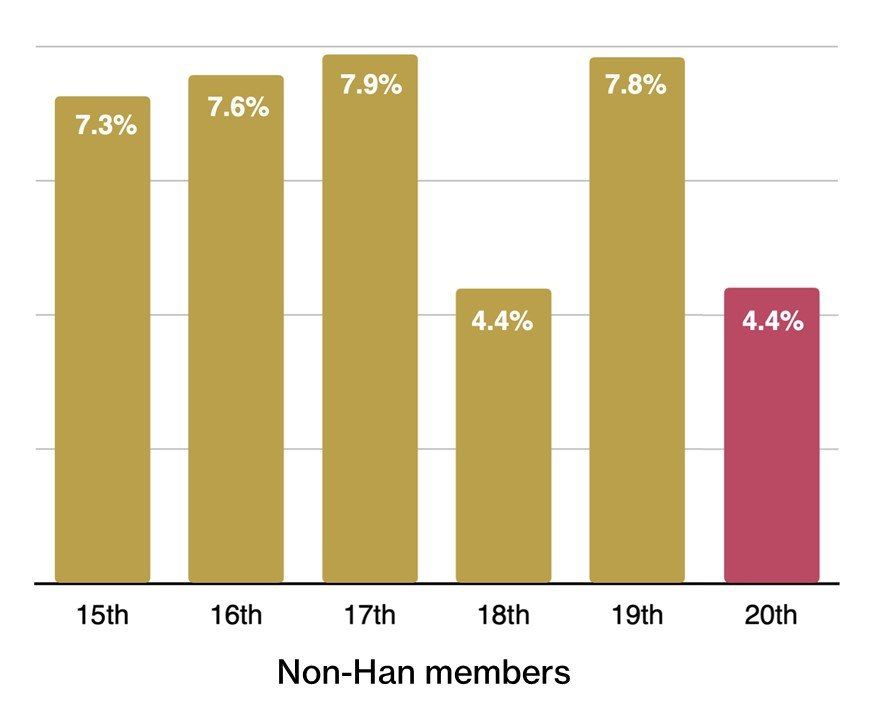
Leaders: the big takeaway is that Xi Jinping (69) will remain in office as widely expected. Zhang Youxia (72), one of the two vice-chairs of the Central Military Commission and Wang Yi (69), State Councilor and Foreign Minister, will serve for another term.
All three are beyond the retirement age of 68. The implication of this is that we need to re-examine the retirement age norm as an institution in Chinese politics. The norm has been weakened if nothing else.
In terms of policy, the presence of Zhang Youxia and Wang Yi in Xi's next administration will help with continuity in military and foreign affairs.
Moreover, Li Keqiang (67) and Wang Yang (67) will retire as they are not on the 20th Central Committee. Both are retiring despite not having reached the retirement age of 68.

